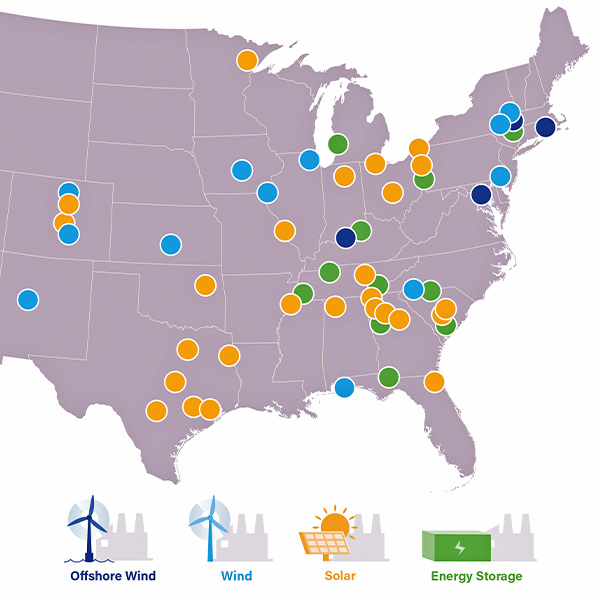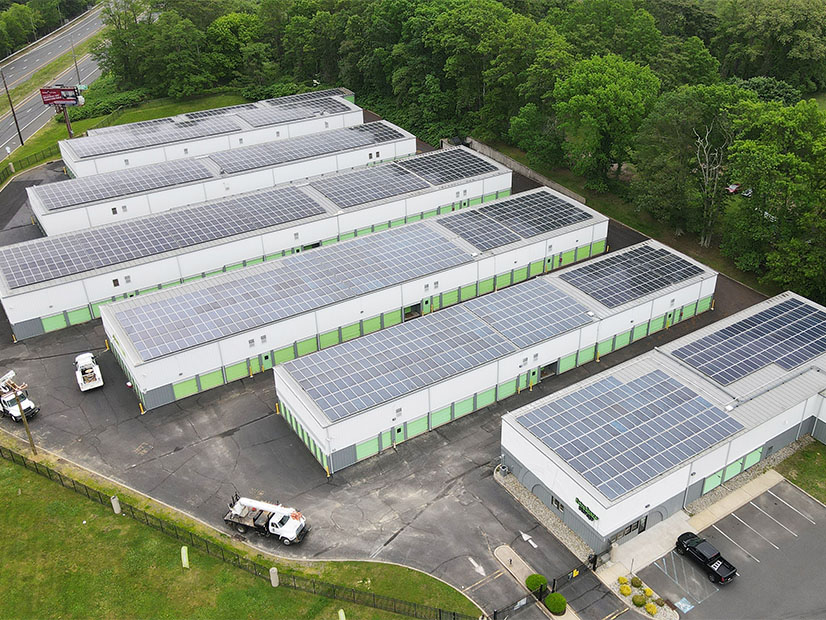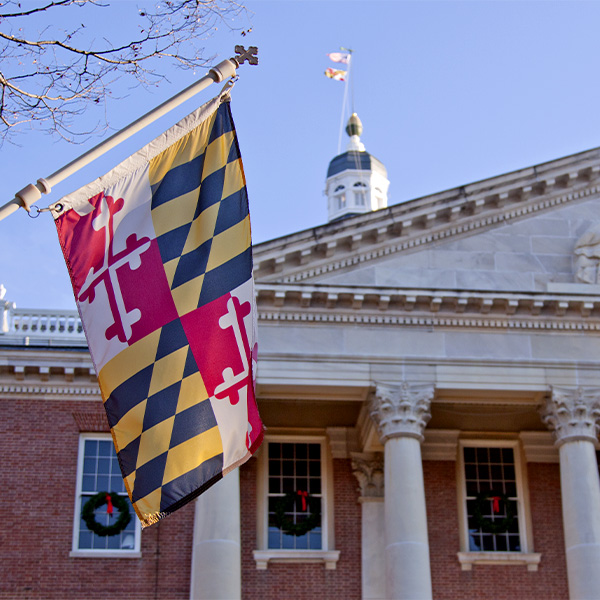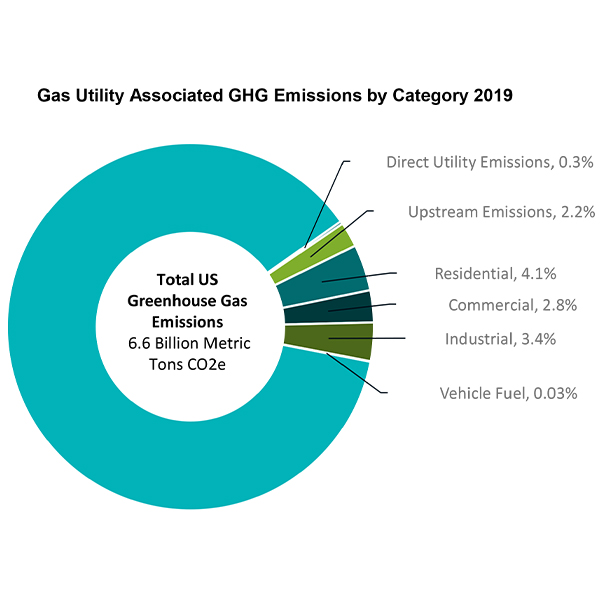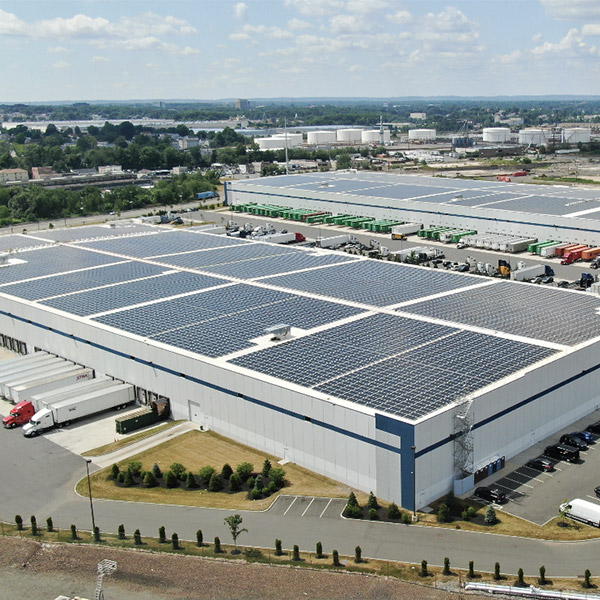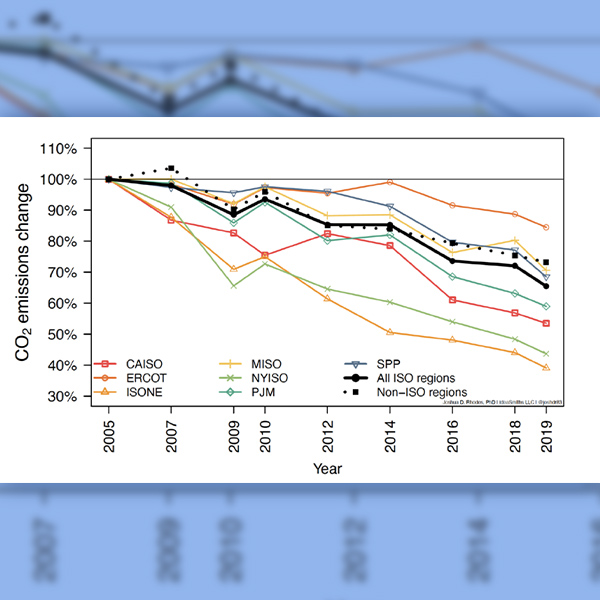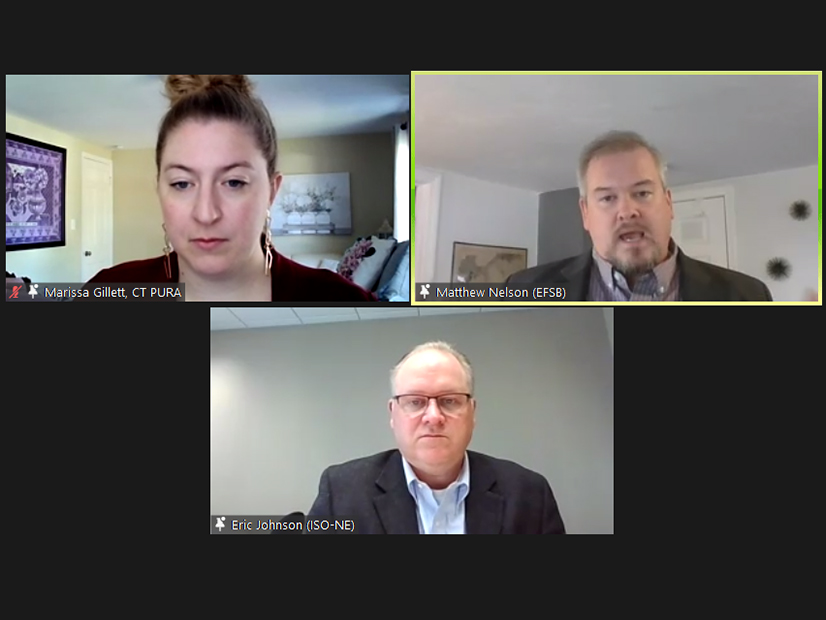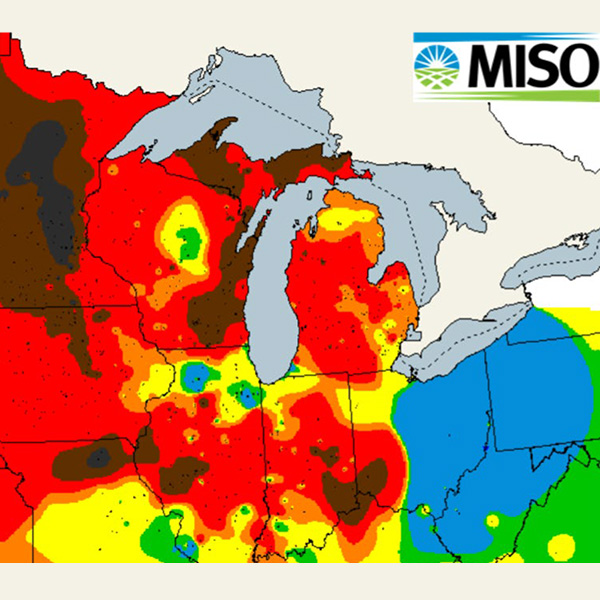clean energy
American Clean Power reports investment in the U.S. clean energy sector in the past year exceeds the preceding eight years combined.
Two of the world’s richest men drew crowds when they discussed energy future at Edison Electric Institute’s annual conference last month.
The New Jersey Senate Environment and Energy Committee has backed bills that would increase the state’s planned community solar program by 50%.
With less than three weeks to go until the end of the session, Maryland legislators have advanced several significant clean energy bills.
Levelized cost of energy called a "flawed metric" and a 100% renewable grid could raise costs and affect reliability, experts say.
In its yearly Wall Street briefing, the Edison Electric Institute stressed the importance of extending federal tax credits for renewable resources.
PJM's year was punctuated by changes in the capacity market as votes by stakeholders led to the implementation of the RTO’s narrowed MOPR.
A panel of conservative electricity market experts argued that markets work better than public policy at encouraging and developing clean energy resources.
The Connecticut Power and Energy Society's fall conference focused on equity and inclusion as drivers of "the future of energy."
Reliability and clean energy related public policies are increasing the need for and benefits of large-scale transmission to avoid increased electricity costs.
Want more? Advanced Search
